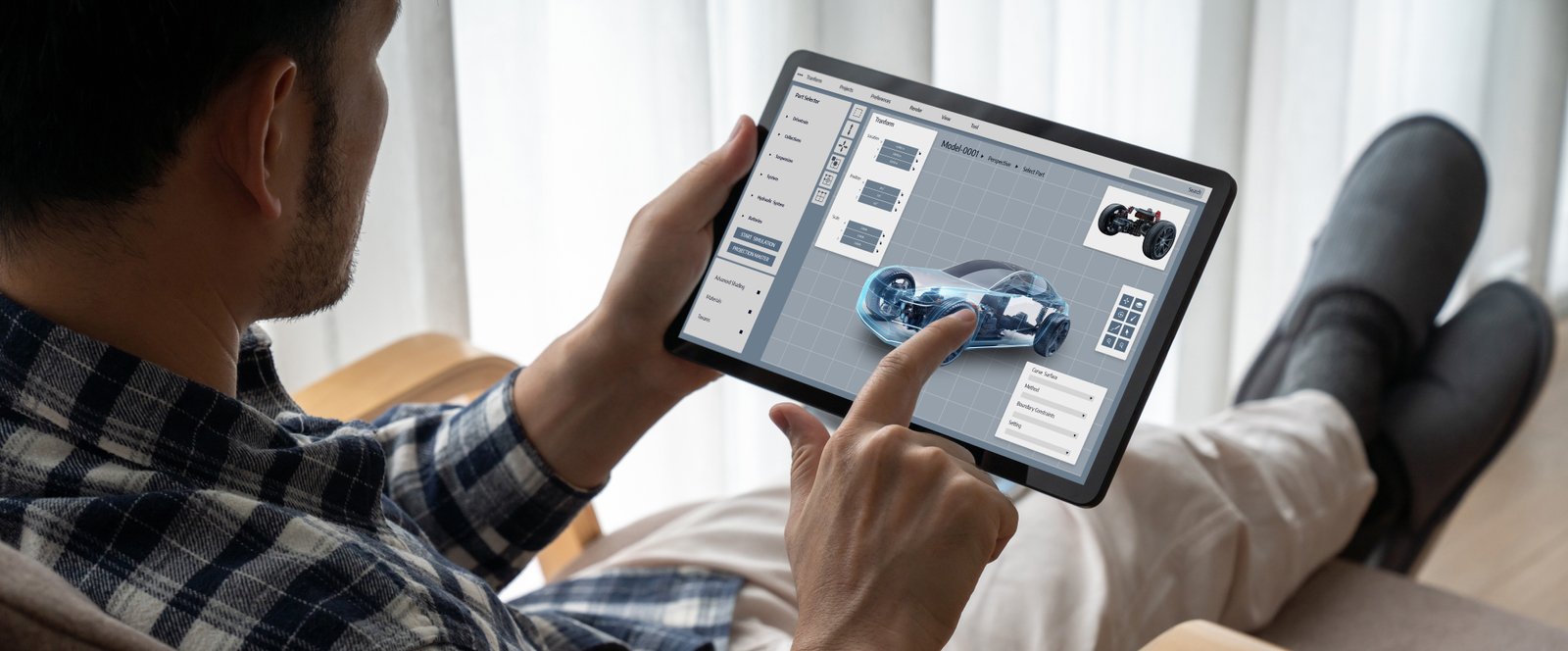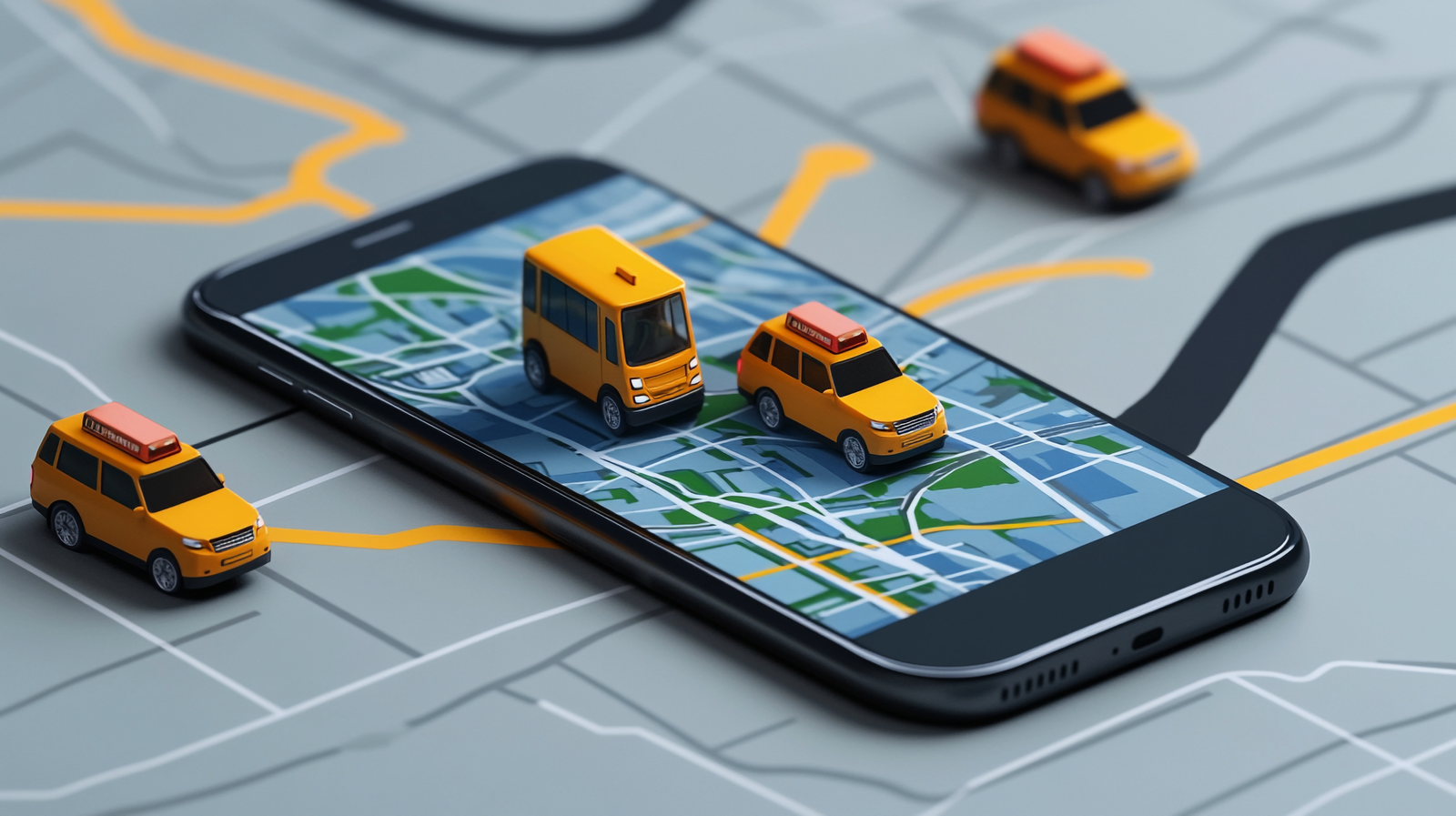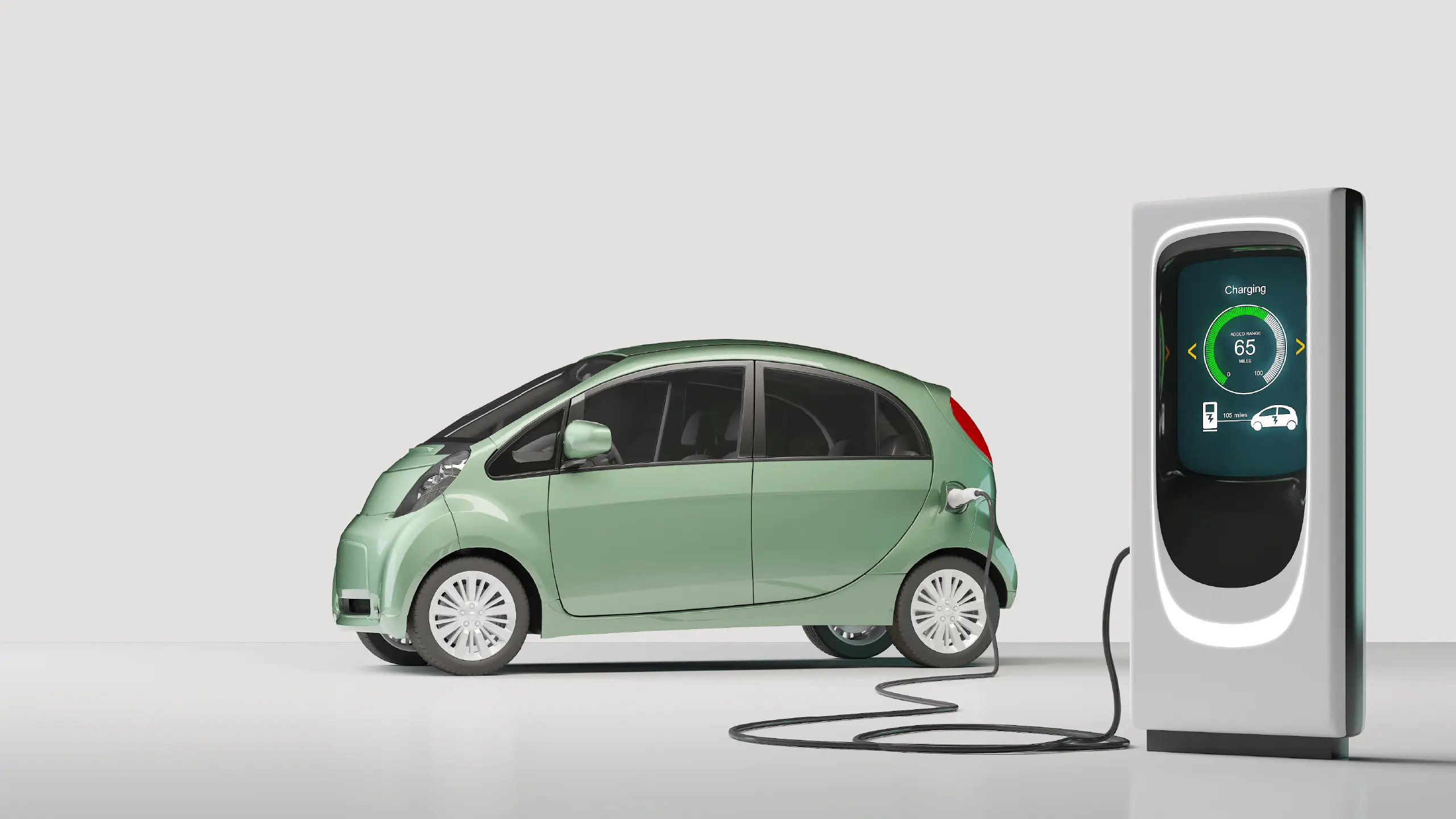
Digital-First Car Buying: What Auto Shoppers Expect in 2025
Car buying has always been a tactile ritual. Test drives, handshakes, showroom negotiations. But in 2025, that experience is being fundamentally rewritten. For a growing majority of auto shoppers, the dealership is no longer the starting point. It is often not even part of the journey. The rise of digital-first buying is not just a shift in convenience. It reflects a deeper expectation: control, transparency, and customization, all from the screen in your hand.
According to Cox Automotive’s 2024 Car Buyer Journey Study, more than 78% of new car buyers in the U.S. now begin their purchase online, and 54 % prefer to complete the entire transaction digitally when possible. This behavior is no longer exclusive to millennials. Gen X and baby boomer cohorts are also showing double-digit increases in online buying preference year over year.
The pandemic may have accelerated the trend, but consumer psychology is what sustains it. Buyers today expect the same level of clarity and ease from automotive brands that they receive from leading e-commerce platforms. They want real-time inventory visibility, transparent pricing, instant financing approvals, and seamless trade-in evaluations. In short, they want the car-buying experience to feel like booking a flight or applying for a mortgage: fast, guided, and friction-free.
Automakers are responding. Hyundai’s Click to Buy platform, Volvo’s online retail expansion, and Ford’s direct-to-consumer strategy are all examples of how OEMs are reconfiguring traditional dealership models into delivery and service hubs. Tesla has set the standard with its app-based ordering process and no-haggle pricing. Even legacy brands are investing heavily in digital retail. General Motors, for example, has committed $1 billion to developing an end-to-end e-commerce system across Cadillac and Chevrolet.
This shift is driving massive investment into automotive fintech. According to McKinsey’s 2025 Auto Finance Outlook, more than 60% of new auto lending in North America is now initiated through digital platforms. These platforms do more than offer loan options. They integrate credit checks, insurance bundling, and extended warranty offers into a single user interface. Startups such as Caribou and Upstart are redefining how financing becomes embedded in the purchase flow.
Yet digital does not mean impersonal. Today’s buyers expect more personalization than ever. A 2024 Salesforce Automotive Consumer Report found that 68% of car buyers are more likely to purchase from brands that personalize offers and experiences based on browsing behavior, lifestyle preferences, and driving habits. Automakers are evolving their websites from static brochures into intelligent, adaptive commerce funnels.
Post-purchase expectations are shifting as well. Vehicle onboarding, software updates, and service scheduling are now expected to happen through mobile apps rather than phone calls. Subscription models for features, such as heated seats or enhanced navigation, are becoming standard practice. BMW, Mercedes-Benz, and Rivian now allow owners to unlock new features post-sale through digital platforms, with flexible pricing and trial periods.
However, not all customers are ready to go fully digital. Deloitte’s 2024 Global Automotive Study reports that 42% of buyers still value dealership engagement at some point in the process, especially when evaluating high-ticket EVs or making a first-time electric vehicle purchase. This is leading to hybrid retail models where physical and digital experiences complement each other. Lucid and Polestar are pioneering showroom concepts designed more for education and brand immersion than traditional sales.
The implications are far-reaching. Digital-first buying transforms more than just the point of sale. It reshapes who captures profit margin, who controls customer data, and how brand equity is built and maintained. It raises the stakes on backend integration, data privacy, and user experience. And it elevates digital retail from a support function to a core competitive capability.
So what is the strategic takeaway? In 2025, digital car buying will no longer be an emerging trend. It is the baseline expectation. Brands that treat digital retail as a side channel will fall behind. Brands that treat it as a seamless, strategic ecosystem will define the future of automotive sales.
At BlackWater Business Consulting, we don’t just study digital transformation, we architect it. Our work with automotive brands, dealer networks, and fintech platforms gives us a clear view into how consumer expectations are redefining the path to purchase. As buyers move from showrooms to screens, the question isn’t whether your business is online. It’s whether your digital ecosystem is built to convert, scale, and lead.



